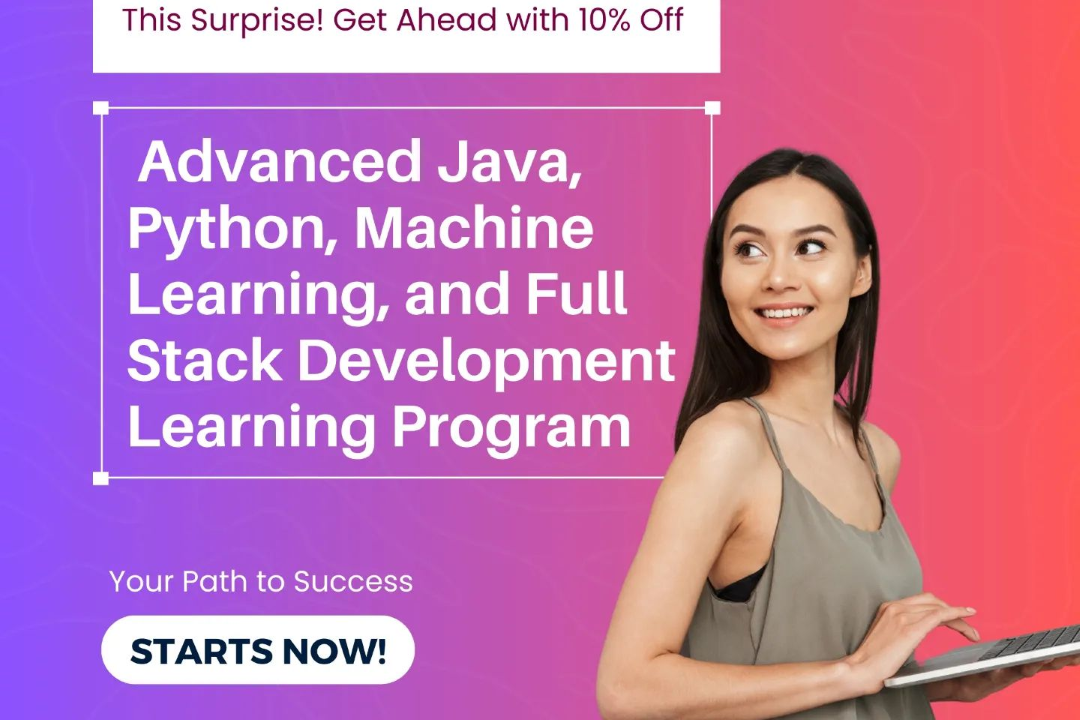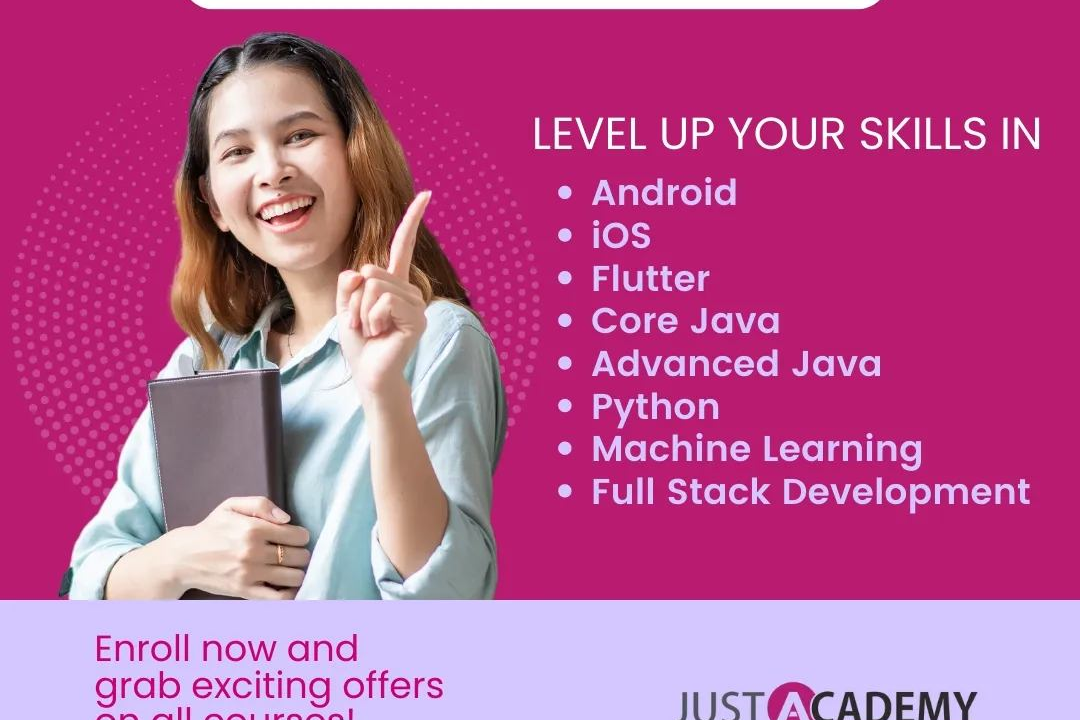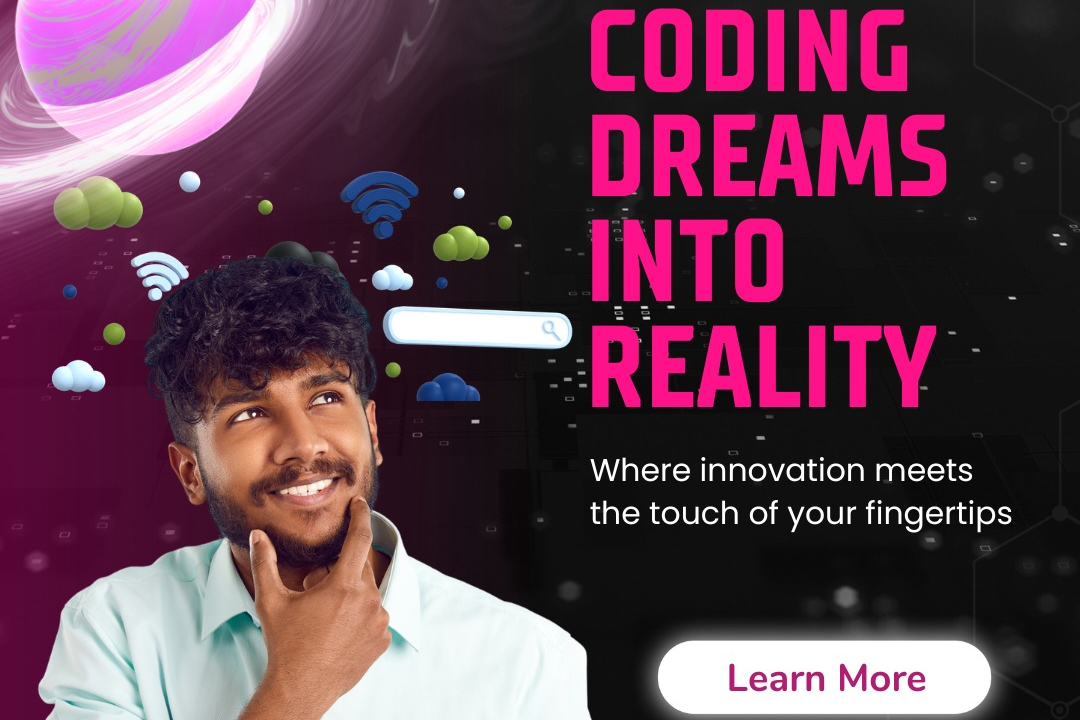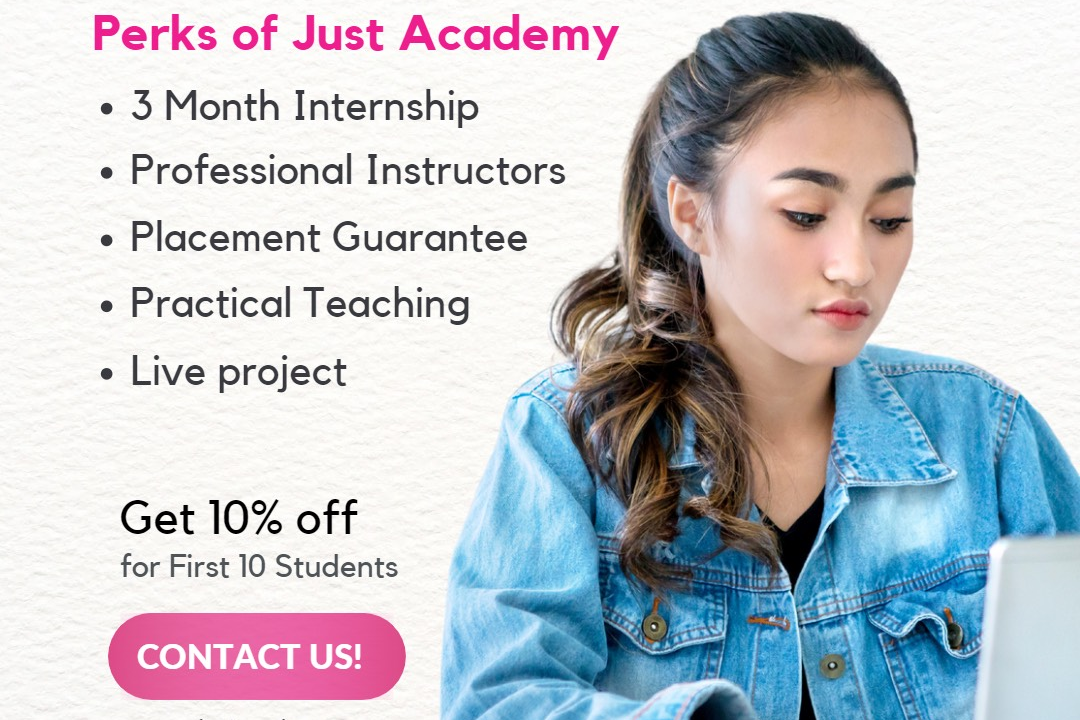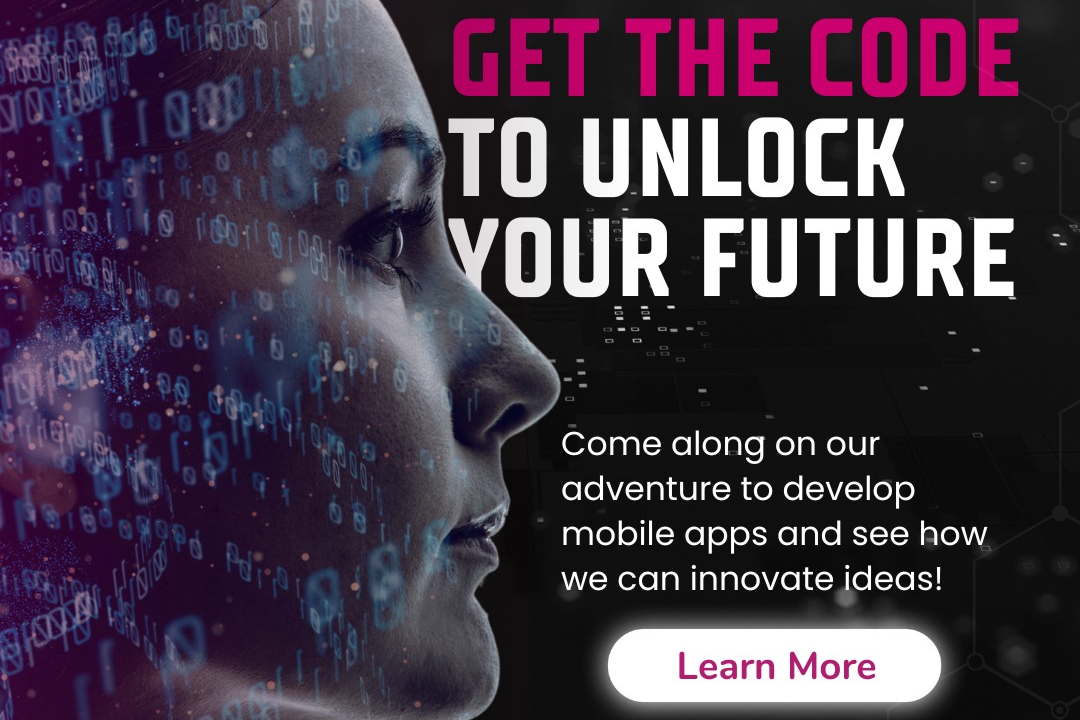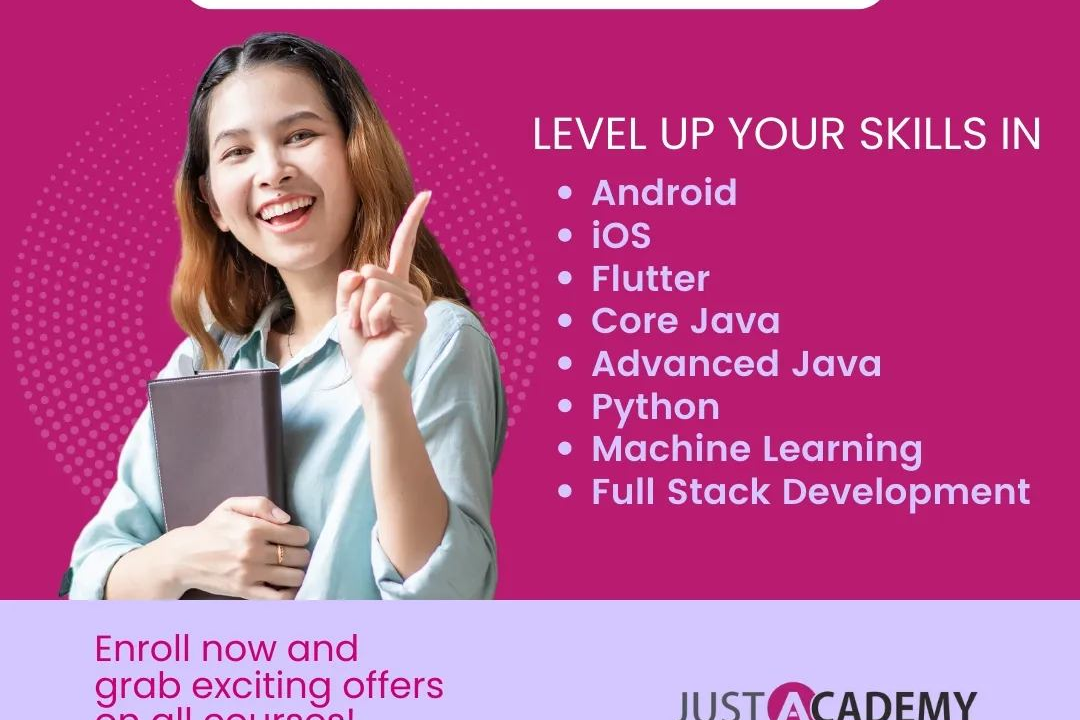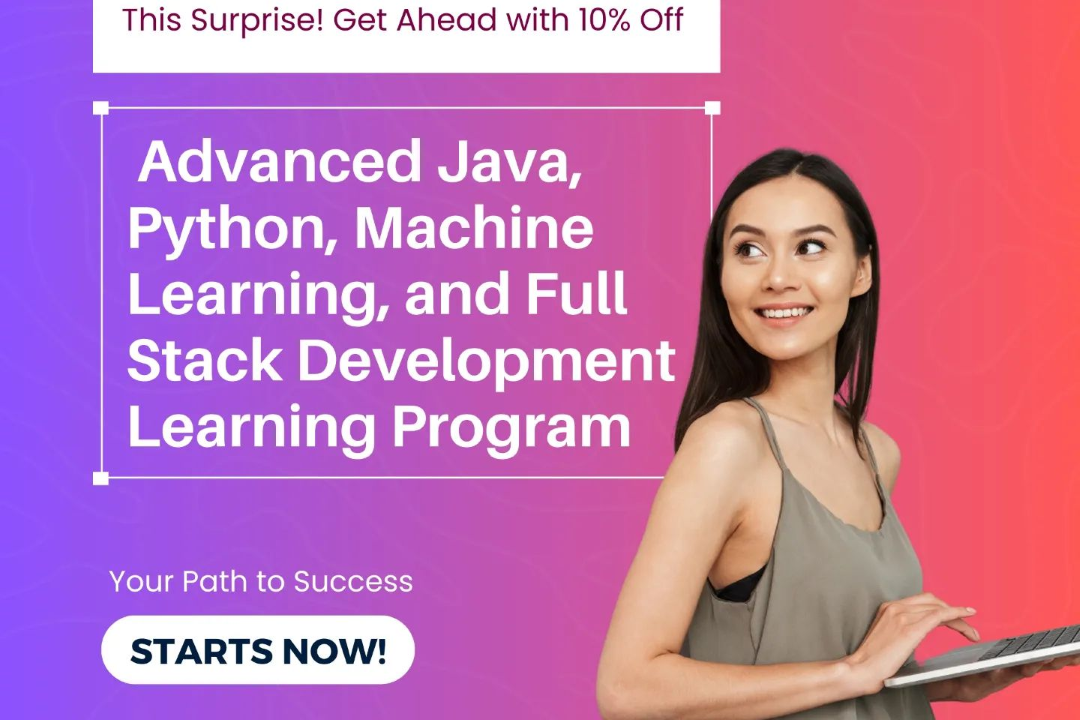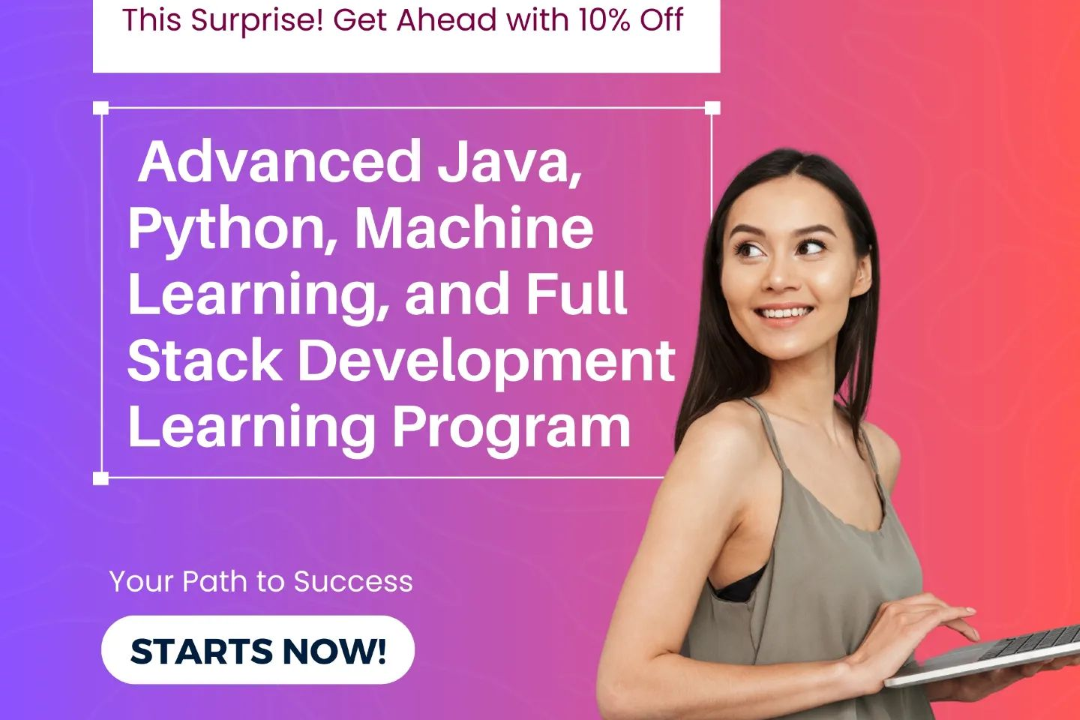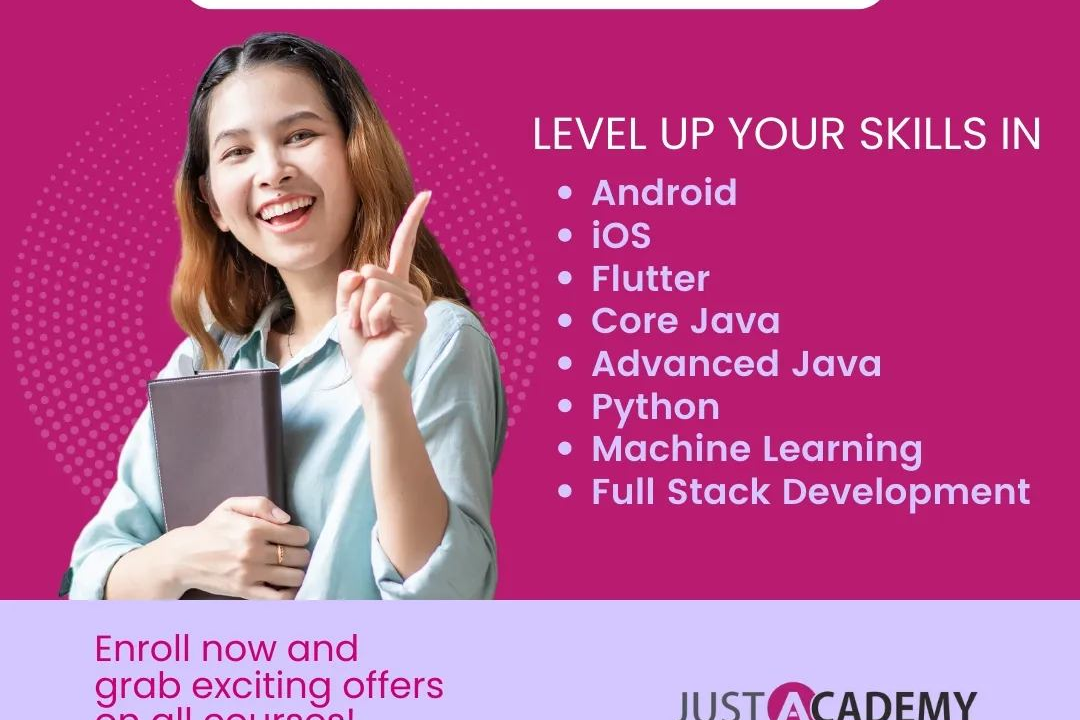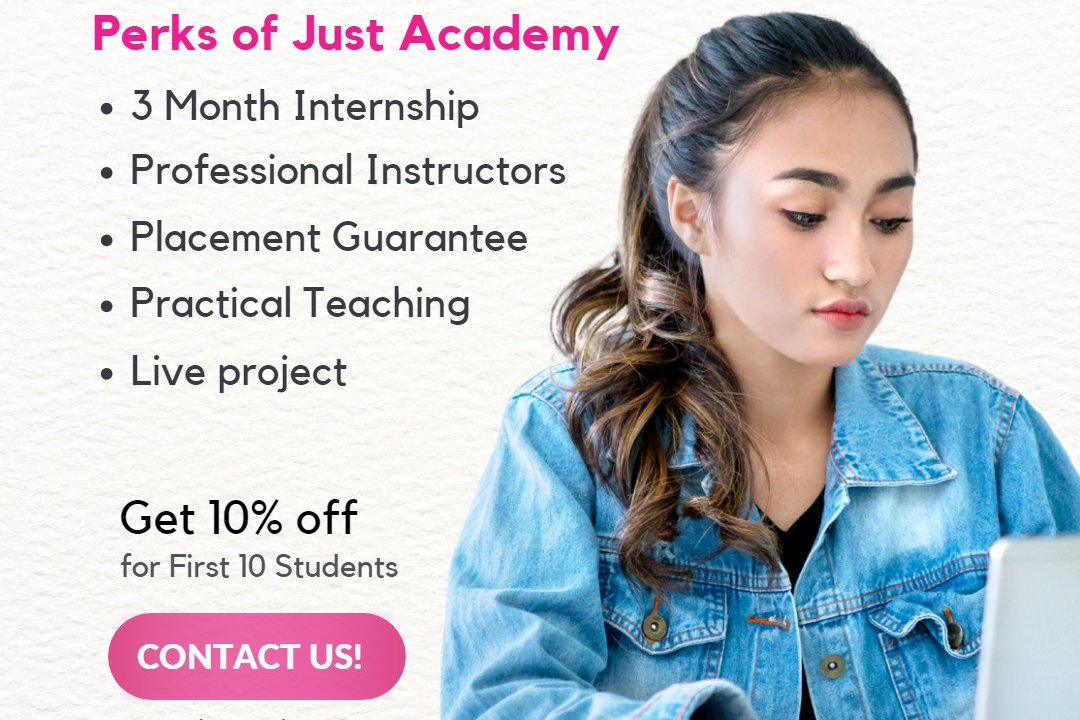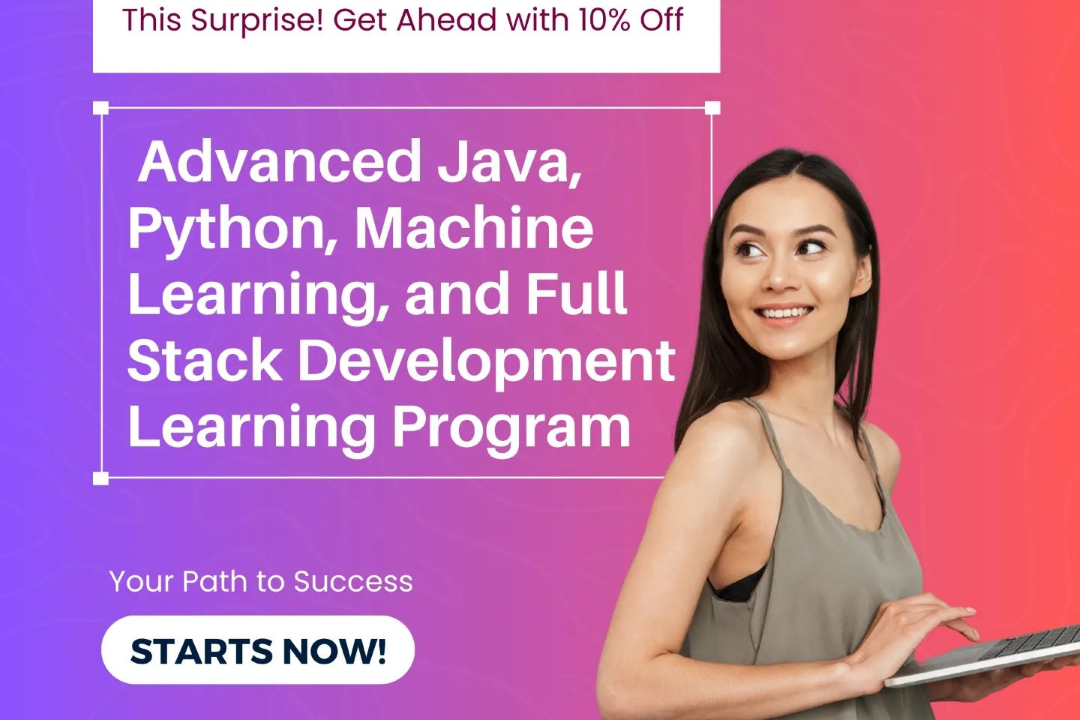Flutter Job Interview Questions
Flutter job interview questions are designed to assess a candidate's understanding and expertise in
Flutter Job Interview Questions
Flutter job interview questions are essential for evaluating a candidate's proficiency in Flutter development and their ability to create high-performance mobile applications. These questions help employers identify candidates who possess the necessary skills, including understanding the Flutter framework, widget lifecycle, state management, and best practices in app design. Additionally, they assess problem-solving abilities through practical scenarios and real-time project experiences. By preparing for these questions, candidates can showcase their expertise and readiness to contribute effectively to development teams, ensuring they align with industry standards and project requirements.
To Download Our Brochure: Download
Message us for more information: Click Here
Flutter job interview questions are essential for evaluating a candidate's proficiency in Flutter development and their ability to create high performance mobile applications. These questions help employers identify candidates who possess the necessary skills, including understanding the Flutter framework, widget lifecycle, state management, and best practices in app design. Additionally, they assess problem solving abilities through practical scenarios and real time project experiences. By preparing for these questions, candidates can showcase their expertise and readiness to contribute effectively to development teams, ensuring they align with industry standards and project requirements.
Course Overview
The “Flutter Job Interview Questions” course is designed to prepare aspiring Flutter developers for successful job interviews by equipping them with a comprehensive understanding of key concepts, best practices, and advanced techniques in Flutter development. Participants will explore commonly asked interview questions, delve into real-world scenarios, and engage in hands-on practice to enhance their problem-solving skills. The course covers essential topics such as widget lifecycle, state management, performance optimization, and integration of backend services, ensuring that learners are thoroughly prepared to demonstrate their expertise in Flutter. By the end of the course, students will be ready to confidently tackle technical interviews and secure rewarding positions in the dynamic field of mobile app development.
Course Description
The “Flutter Job Interview Questions” course is meticulously crafted to help aspiring Flutter developers excel in job interviews by focusing on critical concepts, common interview questions, and practical coding challenges. Learners will gain deep insights into essential topics such as widget lifecycles, state management, and performance optimization, along with hands-on exercises that replicate real-world scenarios. This course not only enhances technical knowledge but also builds confidence in articulating solutions effectively during interviews, ensuring participants are well-equipped to tackle technical challenges and secure their desired roles in the competitive mobile app development landscape.
Key Features
1 - Comprehensive Tool Coverage: Provides hands-on training with a range of industry-standard testing tools, including Selenium, JIRA, LoadRunner, and TestRail.
2) Practical Exercises: Features real-world exercises and case studies to apply tools in various testing scenarios.
3) Interactive Learning: Includes interactive sessions with industry experts for personalized feedback and guidance.
4) Detailed Tutorials: Offers extensive tutorials and documentation on tool functionalities and best practices.
5) Advanced Techniques: Covers both fundamental and advanced techniques for using testing tools effectively.
6) Data Visualization: Integrates tools for visualizing test metrics and results, enhancing data interpretation and decision-making.
7) Tool Integration: Teaches how to integrate testing tools into the software development lifecycle for streamlined workflows.
8) Project-Based Learning: Focuses on project-based learning to build practical skills and create a portfolio of completed tasks.
9) Career Support: Provides resources and support for applying learned skills to real-world job scenarios, including resume building and interview preparation.
10) Up-to-Date Content: Ensures that course materials reflect the latest industry standards and tool updates.
Benefits of taking our course
Functional Tools
1 - Flutter SDK
The Flutter Software Development Kit (SDK) is essential for building applications using Flutter. It provides a comprehensive set of tools and libraries that enable developers to create natively compiled applications for mobile, web, and desktop from a single codebase. By using the Flutter SDK, students gain hands on experience with the core components, widgets, and architecture of Flutter, which are vital for transitioning to real world projects and addressing technical interview questions.
2) Dart Programming Language
Dart is the programming language used to write Flutter applications. The course will cover the fundamentals of Dart, including syntax, data types, control flow, and object oriented programming principles. A solid understanding of Dart is crucial for students to understand Flutter’s framework and efficiently handle coding challenges during interviews, where demonstrating proficiency in the language is often tested.
3) Visual Studio Code & Android Studio
These Integrated Development Environments (IDEs) are widely used for Flutter app development. The course teaches students how to set up their development environment using Visual Studio Code or Android Studio, which includes features like debugging tools, code completion, and version control integration. Familiarity with IDEs enhances students' productivity and prepares them for industry standard practices.
4) Firebase
Firebase is a comprehensive platform that provides various services including authentication, database management, cloud storage, and analytics. During the course, students will learn how to integrate Firebase with Flutter applications to implement backend functionalities. Understanding Firebase and its features prepares students for interviews, as many companies seek developers who can build full stack applications and understand cloud services.
5) Version Control with Git
Git is an essential tool for version control in the software development lifecycle. In this course, students will learn how to use Git to manage their Flutter projects, track changes, and collaborate with others. Proficiency in Git ensures that students can demonstrate teamwork and organizational skills during interviews, as they will be expected to manage code effectively in collaborative environments.
6) Postman
Postman is a powerful tool used for API testing and interaction. The course will guide students on how to utilize Postman to test APIs that Flutter applications may consume. Understanding API integration is crucial for complete application functionality, and being adept in using Postman allows students to troubleshoot issues effectively, making them more competitive in job interviews.
By utilizing these industry standard tools in the “Flutter Job Interview Questions” course, students gain a comprehensive understanding of both development and interview preparation, ensuring they are well equipped to tackle technical challenges in their careers.
Certainly! Here are additional key components and topics that can enhance the “Flutter Job Interview Questions” course at JustAcademy:
7) State Management
Understanding state management is crucial in Flutter for building dynamic applications. The course will cover various state management solutions such as Provider, Riverpod, and Bloc. Students will learn how to manage app states efficiently, making their applications responsive and maintainable. Proficiency in state management techniques will prepare students to answer related questions in interviews effectively.
8) Navigation and Routing
Navigation is an essential aspect of mobile applications. The course will explore Flutter’s navigation and routing system, including how to implement named routes, create custom transitions, and manage navigation stacks. Mastering these concepts equips students with the necessary knowledge to design user friendly interfaces, which is often a topic of discussion in technical interviews.
9) Responsive Design
With the variety of screen sizes and orientations in mobile devices, responsive design is vital. This course section covers techniques for building responsive user interfaces using Flutter’s layout widgets and the MediaQuery class. Understanding how to create adaptive UIs ensures that students can handle interview questions related to UX design principles and responsive development.
10) Testing Flutter Applications
Testing is an integral part of software development. Students will be introduced to different testing strategies in Flutter, including unit tests, widget tests, and integration tests. By learning how to write tests and use Flutter’s testing framework, students demonstrate their understanding of best practices to potential employers, a key aspect in technical interviews.
11 - Building and Releasing Applications
Deploying applications to Android and iOS platforms is a critical skill for any Flutter developer. This segment of the course will teach students how to prepare their applications for release, including configuration, versioning, and using build tools. Knowledge of deployment processes is essential when discussing end to end development in interviews.
12) Animations in Flutter
Animations enhance the user experience by providing feedback and visual context. The course will cover how to create smooth animations using Flutter’s animation library. Students will learn about implicit and explicit animations, as well as custom animations. Understanding animation principles prepares students to address questions about UI/UX and engaging application design.
13) Concurrency and Asynchronous Programming
Concurrency is vital for managing multiple tasks in Flutter applications efficiently. The course will discuss asynchronous programming, including the use of Futures, Streams, and async/await patterns. Mastering these concepts helps students tackle challenges related to performance and responsiveness, which are common in technical interviews.
14) API Integration and Handling JSON
Building applications that communicate with backend services is crucial. This part of the course will focus on how to fetch data from APIs, handle JSON responses, and perform CRUD operations. Students will learn to parse JSON data efficiently, preparing them for technical discussions around data handling and external service integration.
15) Understanding Widgets
Widgets are the fundamental building blocks of Flutter applications. The course will provide an in depth look at both stateless and stateful widgets, exploring how to create custom widgets and compose them for complex UIs. A strong understanding of widgets is often a central topic in interviews for Flutter developers.
16) Best Practices and Design Patterns
The course will cover industry best practices and design patterns commonly used in Flutter development, such as MVC, MVVM, and Clean Architecture. Understanding these concepts not only helps in building scalable applications but also equips students to discuss architectural decisions during interviews.
By incorporating these additional components into the “Flutter Job Interview Questions” course, JustAcademy can ensure that students are thoroughly prepared not just for coding interviews but for real world application development challenges in their future careers.
Browse our course links : Click Here
To Join our FREE DEMO Session: Click Here
This information is sourced from JustAcademy
Contact Info:
Roshan Chaturvedi
Message us on Whatsapp: Click Here
Email id: Click Here
